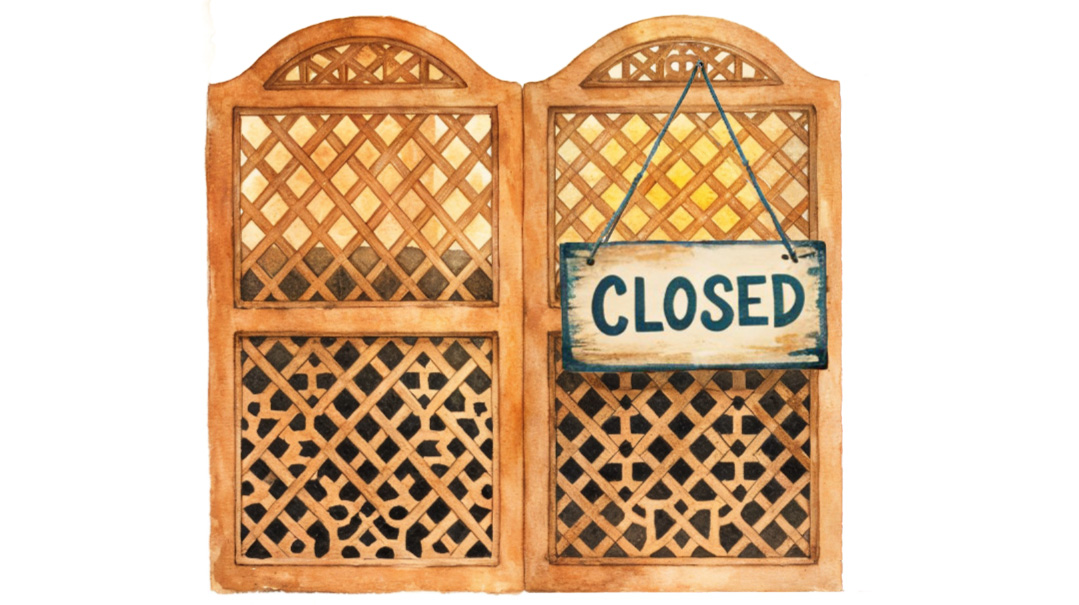Goodbye for Now

But in the muted, mint-green corridors, I learned how very fallible the body is, how little we can trust it. We humans are always at its mercy

T
he smell of ammonia and antiseptic assault me before I even cross the threshold of the sprawling gray building. I breathe deeply through my mouth; I cannot stand the smell of hospitals. It conjures up illness, pain, death.
At 17 years old, I have only ever come to hospitals to visit the sick. In high school, it only took a few “chesed hour” visits to realize that I would need a different venue to complete my credits — I was not, and would never be, a hospital-goer.
I simply didn’t do well with the sickly. The sight of blood and tubes made me queasy and on a deeper level, illness frightened me. At 17, I was strong, muscles hewn from years of gymnastics and karate. I trusted my body to obey my commands. I pushed my limbs to the limit, running miles and miles, willing my body to fight its restrictions.
But in the muted, mint-green corridors, I learned how very fallible the body is, how little we can trust it. We humans are always at its mercy. That was a sobering thought.
Now, here I am, face-to-face with the unpredictable whims of the human body.
My mother and I made the hour-and-a-half trek from Long Island to visit my great-aunt in Manhattan’s Lenox Hill Hospital. In silence we ride the glass-encased elevator to the Critical Care unit. I tell myself even though she’s there, she’ll surely be fine. Denial is powerful, and allows me to remain stoic.
In room 621, I glimpse a small movement beneath the hospital-issued sheets, a bird-like creature moaning in her sleep.
Without my realizing it, tears stream down my face, a giant lump that physically hurts forms in my throat.
No, this is not Aunt Mimi. This is a mistake.
This is not the woman who had her hair coiffed every Sunday, who took great efforts to maintain her long, strong nails, her pride. This is not the woman who painstakingly taught me Rummikub, bony, vein-lined fingers carefully combing the downturned, cream-colored tiles in an apartment smelling of potpourri and musty rooms. This is not the woman who would end every conversation with the words “Goodbye for now,” an allusion to another, joy-filled meeting just around the corner.
This is not the woman whose starched lace tablecloths covered every surface in her home, who would slip chocolates surreptitiously into our pockets. This cannot possibly be the woman whose guest room bed was filled with a stash of teddy bears, an enormous collection amassed over five decades. There was a story behind every stuffed animal, and we never tired of hearing them.
This cannot possibly be the woman whose arm grasped mine every Shabbos, as we walked the ten-minute route to my home. She leaned on me, but I always knew it was she who had the strength.
That woman was alive, spirited, opinionated. That woman was meticulous in her appearance, in her speech.
The woman before me is a shell. The woman before me is dying.
(Excerpted from Family First, Issue 584)
Oops! We could not locate your form.







